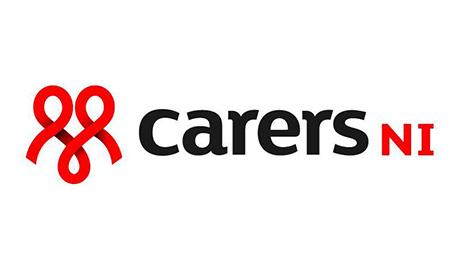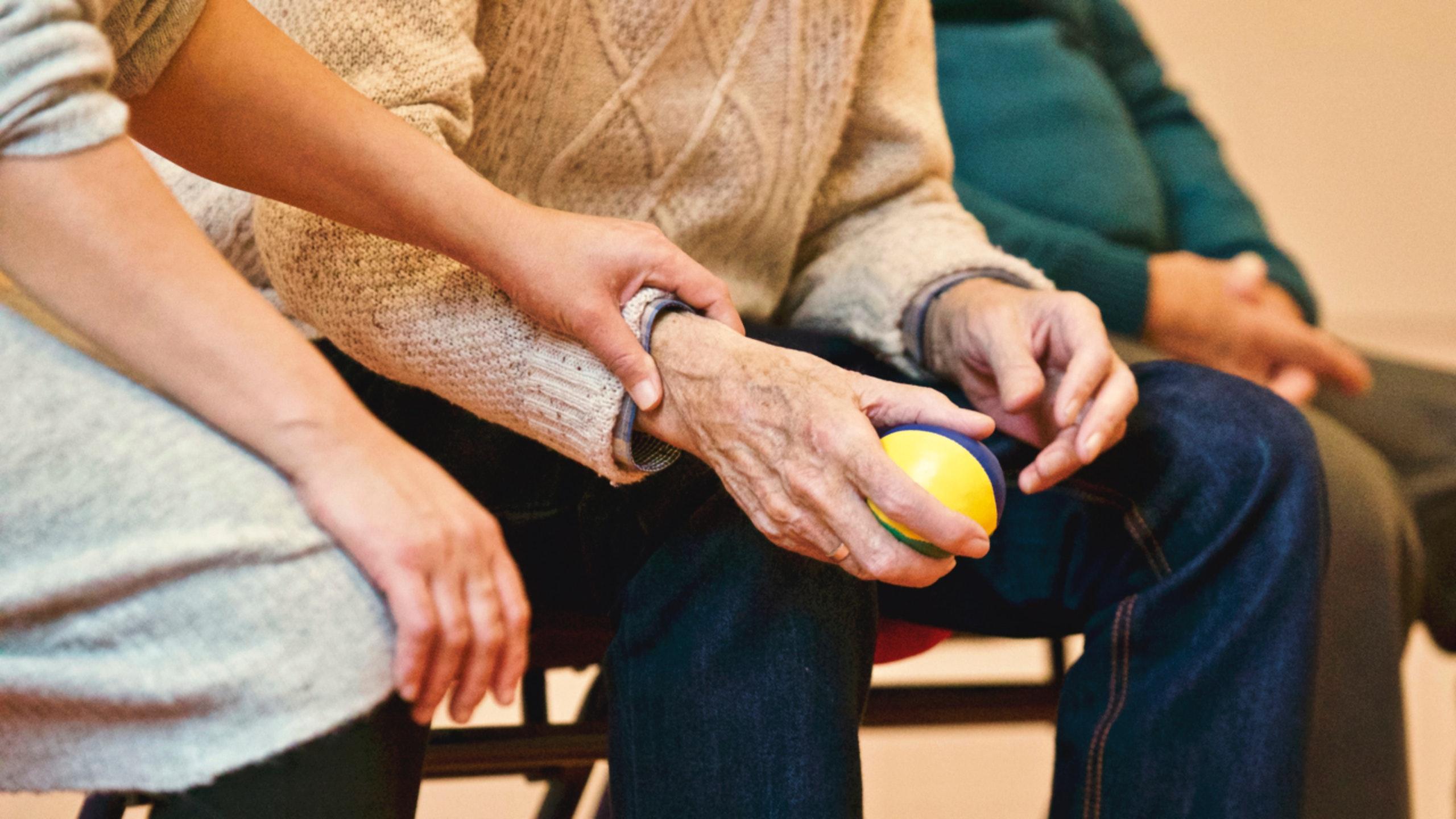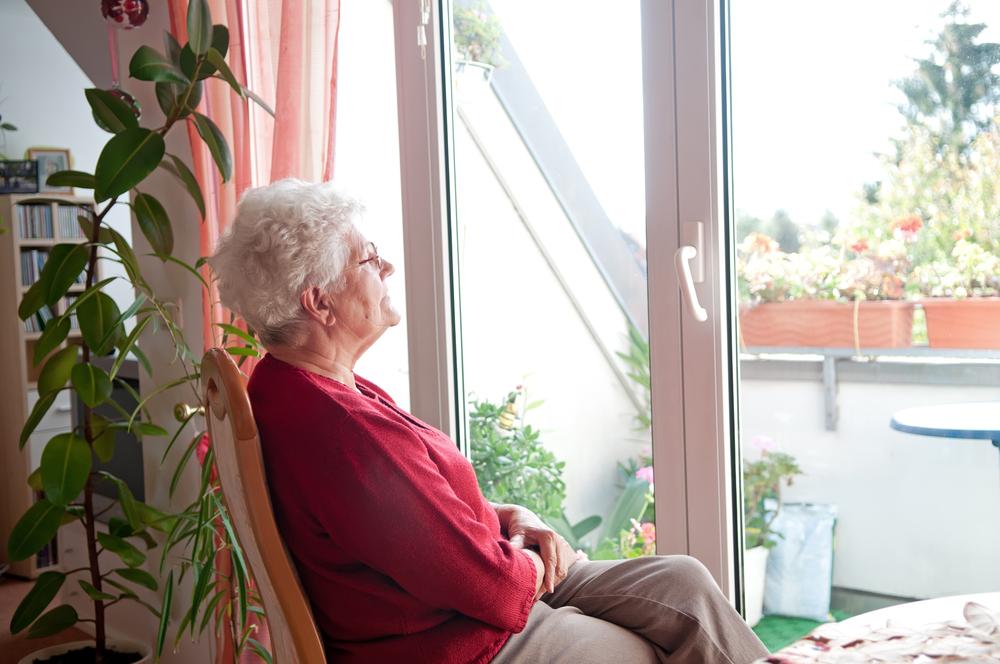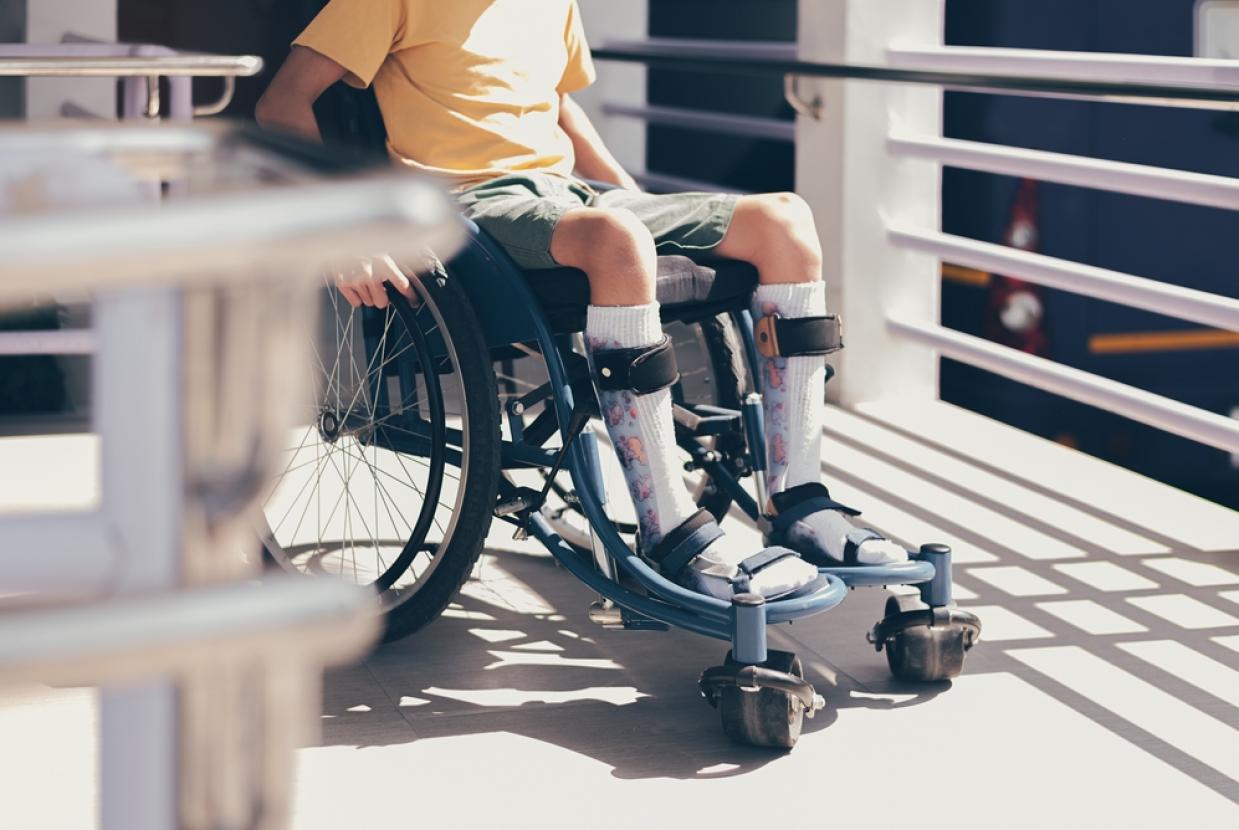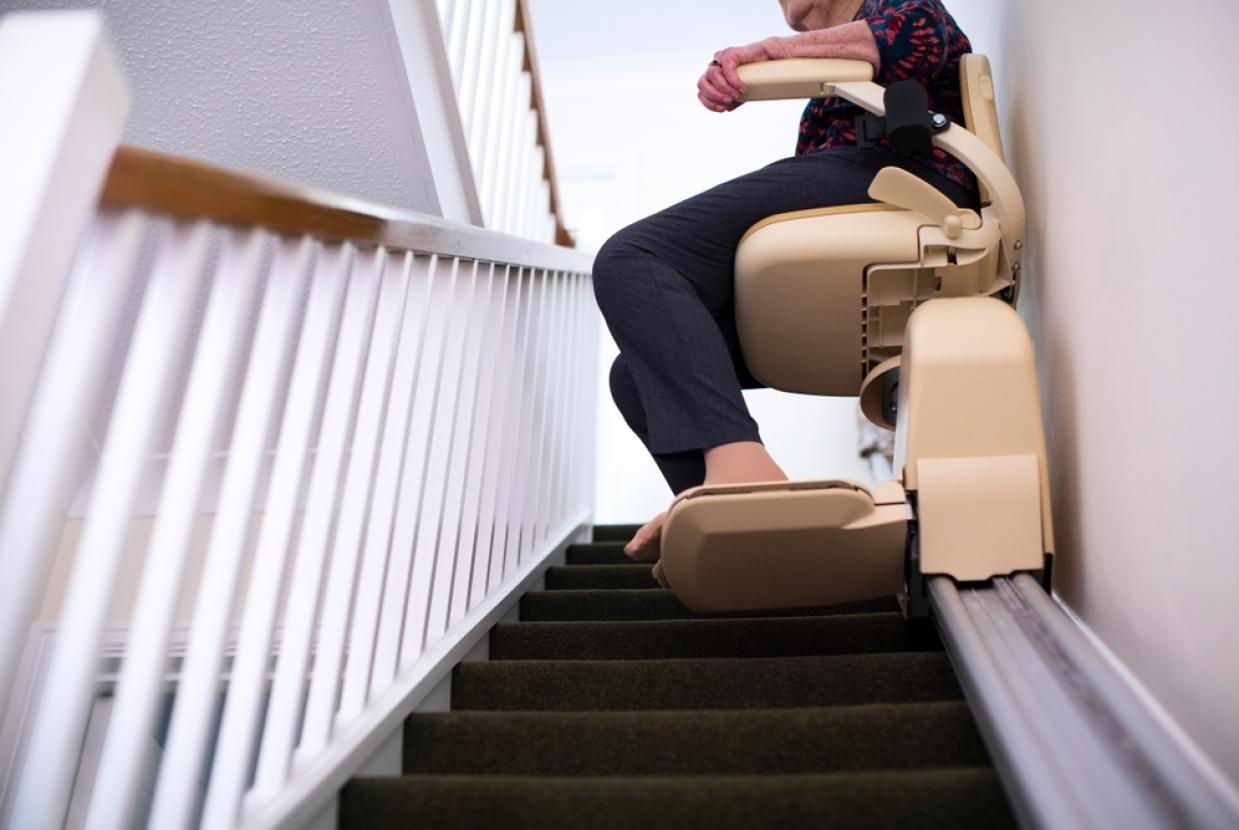Coming Out Of Hospital
Deciding to care or continue caring for someone who is coming out of hospital and who can no longer care for themselves in the same way as before can be very difficult. This factsheet outlines your rights as a carer during the hospital discharge procedure, the steps that should be followed before the person you care for is discharged from hospital, and what to do if things go wrong.
If the person you care for is in hospital you may be faced with important decisions.
You may be considering taking on this caring role for the first time and don’t know what to expect. Or you may have already been caring for the person, but their needs have now increased or changed. One important thing to remember is that it is your choice whether or not to take on a caring role. Think about the type and amount of support you are able to provide and what help you might need. For example, you may be able to help with shopping and meals but feel that you would both like someone else to help with personal care. It is important for you to consider how your caring role is likely to affect your life and wellbeing.
An outline of the discharge procedure
Each hospital will have its own discharge policy based on guidance from the Government, which is called Carer and Discharge Guidance – Guides for Carers, Staff and Managers/Policy Makers, Circular HSS (ECCU) 3/2010. You can request a copy of the hospital’s discharge policy from the ward manager or hospital social worker.
Discharge planning starts as soon as the person you care for is admitted to hospital. It is important to let the hospital staff know as early as possible if you are a carer or thinking of taking on the role. A discharge coordinator should be available to coordinate the planning process. They will act as a key person for you to contact to find out what the discharge plans are.
Should I, as a carer, be involved in the discharge procedure?
The hospital discharge policy should emphasise the importance of involving you and the person you care for at all stages of discharge planning, so long as the person you care for consents to this. Hospital wards can sometimes seem like busy or intimidating places and you may feel pressure from the hospital to get the person you care for home as soon as possible. The person you care for may be anxious to come home.
However, it is important that you feel your views have been taken into consideration and that the person you care for is not being discharged before necessary support has been put in place. In situations where the person you care for does not want you to be involved or be given information about their care, you should be informed of this. For more information on:
- the discharge assessment
- the carer's assessment
- discharge from a mental health facility
- other important things to talk about if the person you care for is in hospital
- complaints
- further help
Click here to download the full factsheet.



